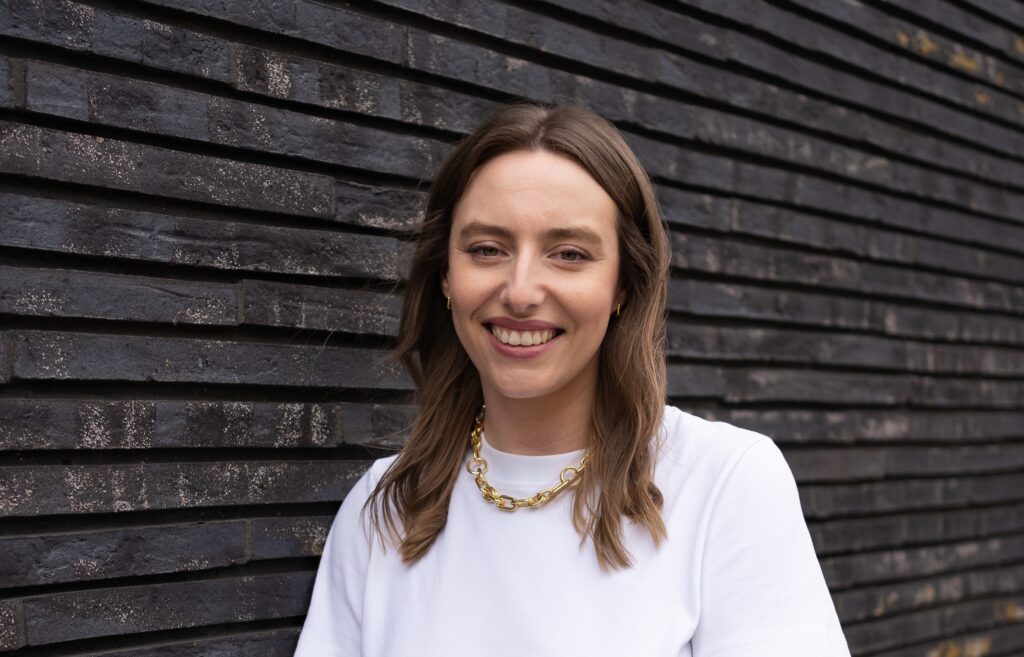In an age when we’re sharing more about our lives than ever before, it’s easy to compare ourselves to others. In fact, we probably do this far more than we think, or care to admit. While there’s nothing wrong with seeking inspiration from others, or using it as motivation to improve our own circumstances, it can have a detrimental effect too. We can fall into the comparison trap.
I spoke to Hayley Dawson, the founder of The Blocks to understand the effects of the comparison trap and how we can overcome it.

First of all, what is the comparison trap?
“It’s when we get caught up in comparing ourselves to someone else”, Hayley explains. We might compare our salary, our car, the clothes we wear (and where we buy them from), and our housing situation. The danger is that it’s easy for us all to get caught up in it, leading to a negative impact on both our personal finances and our mental wellbeing.
But we never really know who we’re comparing ourselves to; the people we’re trying to keep up with have people they’re trying to keep up with too. Their very own Joneses. As Hayley warns, this can lead to trying to live a life that’s miles away from what you actually want.
Comparison affects our mental wellbeing
But how does this affect our mental health and self-esteem? “Social comparison theory says that we usually compare ourselves upwards with someone who we perceive to be better than us”, Hayley says. We might see them as having a higher social standing, greater wealth or more physical attractiveness. This leads to a negative shift in the way we see ourselves. We fall into a trap of spending money to make ourselves feel better; on things we don’t need in order to feel better temporarily. Often, comparison can also result in us being ungrateful or taking for granted what we have already.
Comparison doesn’t allow us to see beneath the surface
Whether we’re comparing ourselves to a friend, colleague, or someone we follow online, we rarely see the full picture. When we see someone with a new car, we don’t know if they bought it on finance or accumulated more debt because of it. The same goes for the friend who recently got on the property ladder; they may have received a large sum of money to help them. And when it comes to social media, often we only see the smallest snapshot of someone’s day, taken from one angle.
When we can’t see what’s beneath the surface, we’re compelled to believe they ‘have it all.’ But personal finance is nuanced and complex, so we’re rarely comparing like for like. Perhaps, if we did know all the details, we’d be less willing to compare our situations to theirs.
We all have a part to play in reducing comparison
If you’ve ever seen a friend’s holiday photos shared on social media, or eyed their new designer watch and thought “how can they afford all of this?” then you’re not alone. With money as a long-standing taboo topic, most people are reluctant to share how they afford their life. But having honest conversations with our friends and family about money and how we can afford things can be beneficial for everyone. You don’t have to delve any more than you feel comfortable doing but from my personal experience, friends saying, “I’ve had to focus on saving and cut back on dinners out to afford this holiday” has been refreshing and welcoming to hear.
How to overcome the comparison trap
We know the comparison trap can have a detrimental effect on our finances and mental wellbeing, but how do we overcome it? Next time you find yourself comparing your life to someone else’s, Hayley recommends asking yourself these three questions:
- Why does this person inspire me?
- If I had what they had, how would it make me feel?
- How can I celebrate this person?
Hayley Dawson founded The Blocks – a personal development workshop series and community that helps people navigate modern life. Hayley regularly delivers talks and workshops on topics such as creating your career, making money work for you, and rethinking success. Her work has been described as mind blowing, thought provoking, and action focused. Previously, she carved her own career path as a teacher, Spanish translator, subtitler, lecturer, PhD scholar and accessibility researcher. Hayley has been named in Small Business Britain’s f:entrepreneur campaign as one of the top 100 inspiring female entrepreneurs in the UK. Recently, she was made a Fellow of the Royal Society of Arts following her contribution to social impact since founding The Blocks. The Blocks community and newsletter live on Substack.
